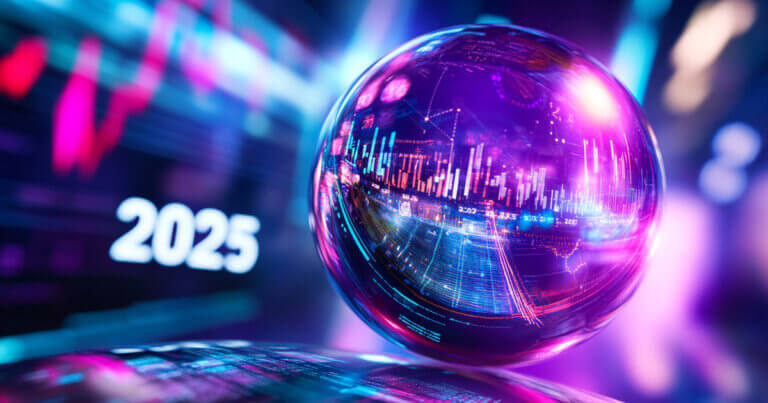In 2025, decentralized finance, sometimes known as **DeFi**, has grown from a fringe notion to a dominant force influencing how we interact with money. DeFi is changing traditional financial services, from lending and borrowing to trading and saving, by eliminating middlemen in favor of code, openness, and autonomy.
But what precisely is DeFi by 2025? And why is it more important now than ever before?
What is DeFi?
**DeFi**, short for **Decentralized Finance**, is a group of blockchain-based apps that provide traditional financial services in the absence of banks or brokers. These services are designed with **smart contracts**, which are self-executing programs that operate on decentralized networks such as Ethereum, Solana, and Avalanche.
Unlike centralized finance (CeFi), which involves institutions managing your accounts, DeFi systems let individuals to directly handle their assets using non-custodial wallets. This allows for permissionless access to services such as:
The following topics are covered: lending and borrowing, decentralized exchanges (DEXs), yield farming and staking, synthetic assets and stablecoins, insurance, and prediction markets.
In brief, DeFi provides an open, worldwide, and easily accessible alternative to the old financial system.
How DeFi Evolved by 2025
DeFi has grown dramatically during the previous five years.
1. **Scalability and speed:** Thanks to Layer 2 solutions and high-performance blockchains, DeFi apps in 2025 will be faster and less expensive to use than they were in the early days of Ethereum congestion.
2. **Regulatory clarity:** Governments have begun to adopt and regulate DeFi frameworks, resulting in a more secure and stable environment for both users and developers.
3. **Institutional adoption:** Major financial institutions are looking at DeFi infrastructure to provide tokenized securities, on-chain compliance, and blockchain-based lending protocols.
4. **Interoperability:** Cross-chain platforms enable users to engage easily with numerous blockchains, enhancing the user experience and opening up new markets.
5. **User-friendly interfaces:** Wallets, dashboards, and applications are significantly more straightforward, enticing users outside of the crypto-native community.
These developments have made DeFi more accessible, secure, and effective than ever.
Why DeFi matters in 2025
1. **Access to Finance without Borders**
DeFi enables individuals in disadvantaged areas by allowing them to access banking, savings, and credit without the requirement for a local bank account. In 2025, more individuals in underdeveloped countries will adopt DeFi protocols for fundamental financial requirements than ever before.
2. **Financial sovereignty**
Users keep complete control over their assets in DeFi. No financial institution has the authority to freeze your cash or prevent you from accessing services. In an age of increased surveillance and monetary volatility, this control is vital.
3. **transparency and trustlessness**
DeFi platforms are constructed using open-source code and public blockchains, allowing anybody to examine them. This transparency helps to decrease fraud and improve accountability.
4. **Innovation and Yield Opportunities**
DeFi protocols are constantly evolving, providing novel methods to generate yield, automate strategies, and interact with tokenized assets. Users have a variety of options for increasing their wealth, including staking, lending, and liquidity provision.
5. **Global Financial System 2.0**.
DeFi is establishing the groundwork for a new, decentralized financial system that functions around the clock, without borders, and free of centralized failures. With traditional finance experiencing trust challenges, DeFi provides a programmable, efficient, and global alternative by design.
Risks to be aware of.
Despite its promise, DeFi does not come without risks:
**Smart contract bugs** can result in fund losses, while **permanent loss** in liquidity pools can diminish return.
* **Rug pulls and scams** are still a hazard, particularly in lesser-known ventures.
**Regulatory changes** may affect DeFi protocols and user access.
As with any investment, risk management requires study, care, and diversification.
Final Thoughts
DeFi in 2025 is no longer a hypothetical experiment; it is a genuine, operational financial ecosystem that millions of people utilize on a daily basis. Its significance has increased not only because of the technology, but also because of what it represents: **A transfer of power from institutions to individuals.**
As innovation develops and worldwide acceptance grows, DeFi will remain a pillar of the next-generation financial system. Whether you’re an investor, developer, or inquisitive newbie, knowing DeFi now may help you navigate—and benefit from—the decentralized future of tomorrow.

Leave a Reply